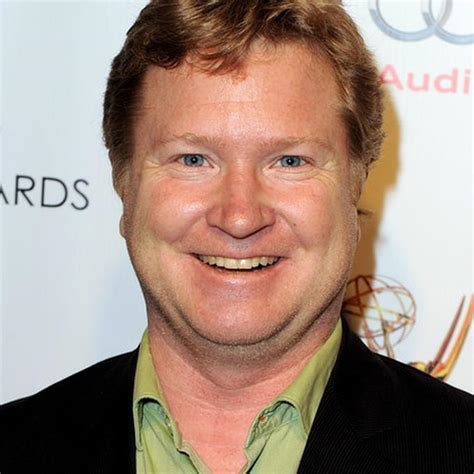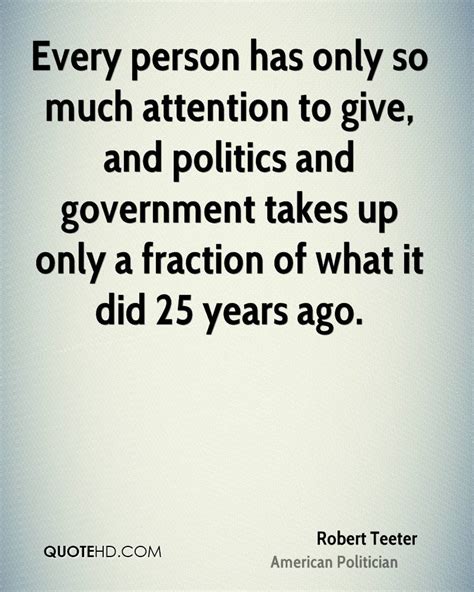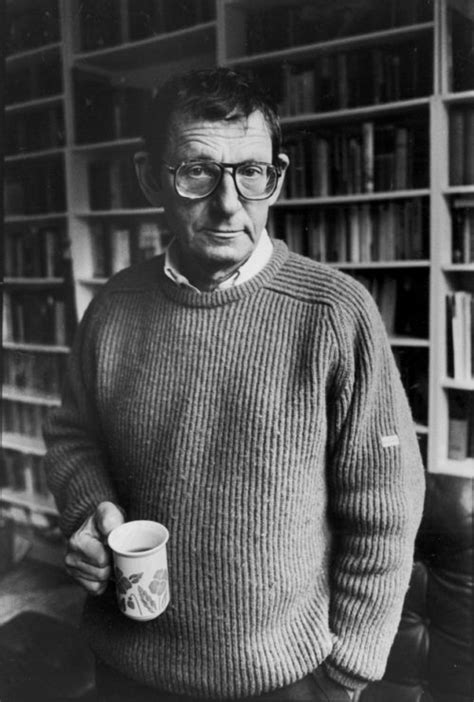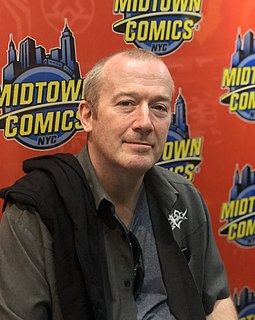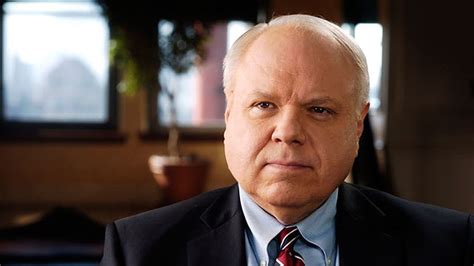A Quote by Kazuo Ishiguro
But then, I suppose, when with the benefit of hindsight one begins to search one's past for such 'turning points', one is apt to start seeing them everywhere.
Related Quotes
Most readers look at the photograph first. If you put it in the middle of the page, the reader will start by looking in the middle. Then her eye must go up to read the headline; this doesn't work, because people have a habit of scanning downwards. However, suppose a few readers do read the headline after seeing the photograph below it. After that, you require them to jump down past the photograph which they have already seen. Not bloody likely.
But it is the bane of psychology to suppose that where results are similar, processes must be the same. Psychologists are too apt to reason as geometers would, if the latter were to say that the diameter of a circle is the same thing as its semi-circumference, because, forsooth, they terminate in the same two points.

